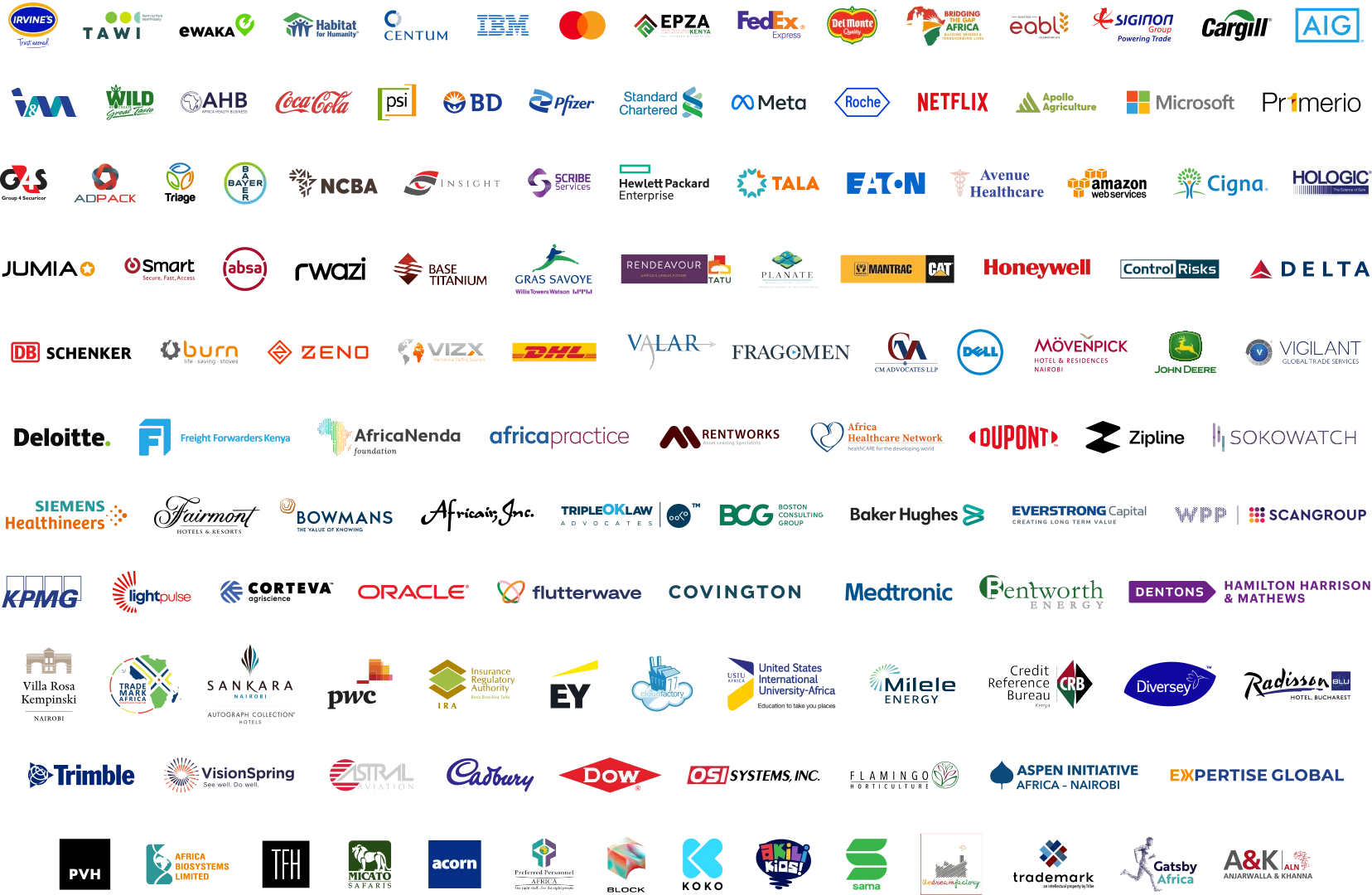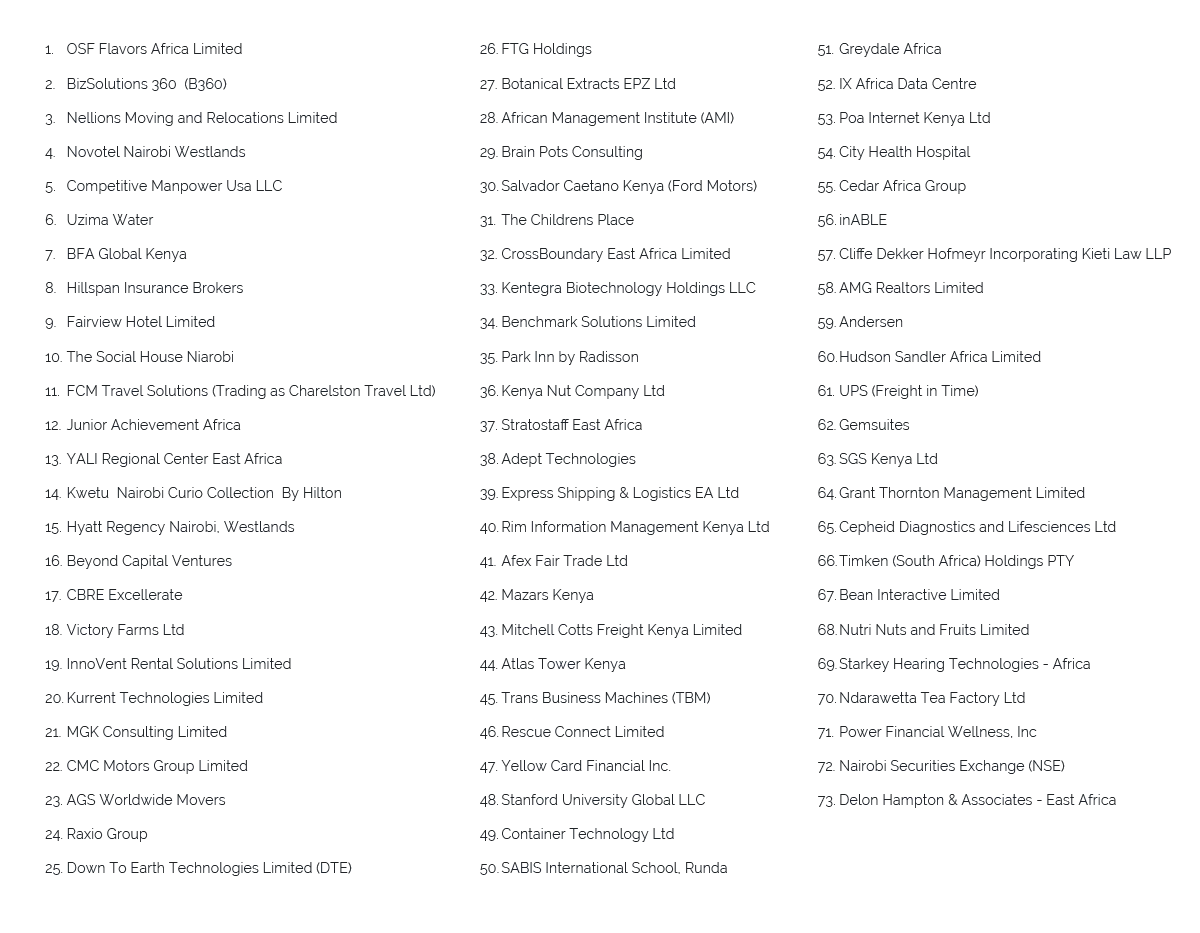This article is taken directly from the source cited and does not necessarily reflect the position or opinion of AmCham Kenya
By Gerald Andae,
Published July 6, 2021
Consumers can now buy nontoxic vegetables and fruits from the supermarket as the government enforces standards applied on exports to curb high level of toxic substances blamed for rising cases of cancer.
Agriculture Cabinet Secretary Peter Munya Monday launched the horticulture quality mark that will be attached to all fresh produce in the supermarkets before the end of the year, giving consumers a chance to select those that have complied with quality checks, especially on minimum residue levels.
Mr Munya noted that despite the fact the exports only account for four percent of the total horticulture produce in the country, the 96 percent that is consumed locally is not subjected to safety checks.
“Consumers have become more aware of potential food hazards and are demanding safe food. This has resulted in setting up of safeguard measures on food… by national and regional regulatory agencies in the area of quality and safety,” said Mr Munya in a speech read on his behalf by AFA director general Kellow Harsama.
The Directorate of Horticulture has partnered with the Retail Traders Association of Kenya (Retrak), Kenya Fresh Produce Association and other stakeholders in the horticulture sector to enforce this regulation.
This follows the establishment of Kenya Standards 1758 developed by stakeholders in horticulture with the Kenya Bureau of Standards (Kebs) as a secretariat, requiring all vegetables and fruits to be subjected to the same quality standards as the ones for export.
Retrak CEO Wambui Mbarire said they are starting on pilot phase with the supermarkets in Nairobi and other surrounding regions before it is eventually rolled out countrywide.
“Before the end of the year this quality marks will be in supermarkets, we want it to be more of consumer driven, by choosing products that have been certified as safe on the shelf against those that are not,” said Ms Mbarire.
Head of the horticulture directorate Benjamin Tito said they are starting with formal markets first before moving to informal ones.
Mr Tito said the agency will be conducting random tests in all the major markets across the country to check on compliance with the required levels of chemicals and trace the product back to the farmers in the event of non-compliance.
“What we shall be doing with mama mboga is to trace back where they bought their merchandise, in the event they have high levels of residues, it will guide us in advising the farmer on the right type of chemicals to use or the duration that it should take after spraying before harvesting, helping to cure the problem at the source,” said Mr Tito.
Source: Business Daily Africa







